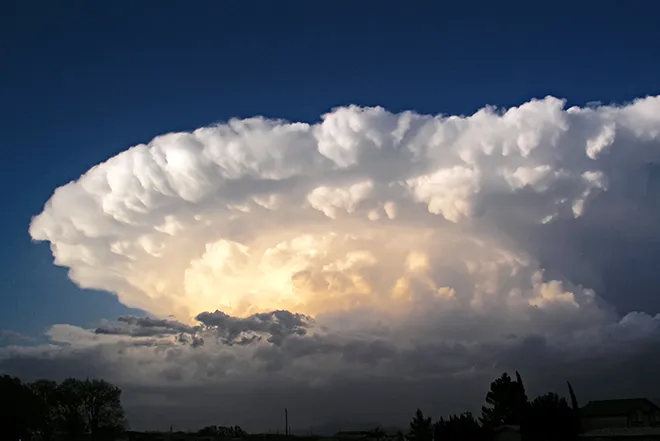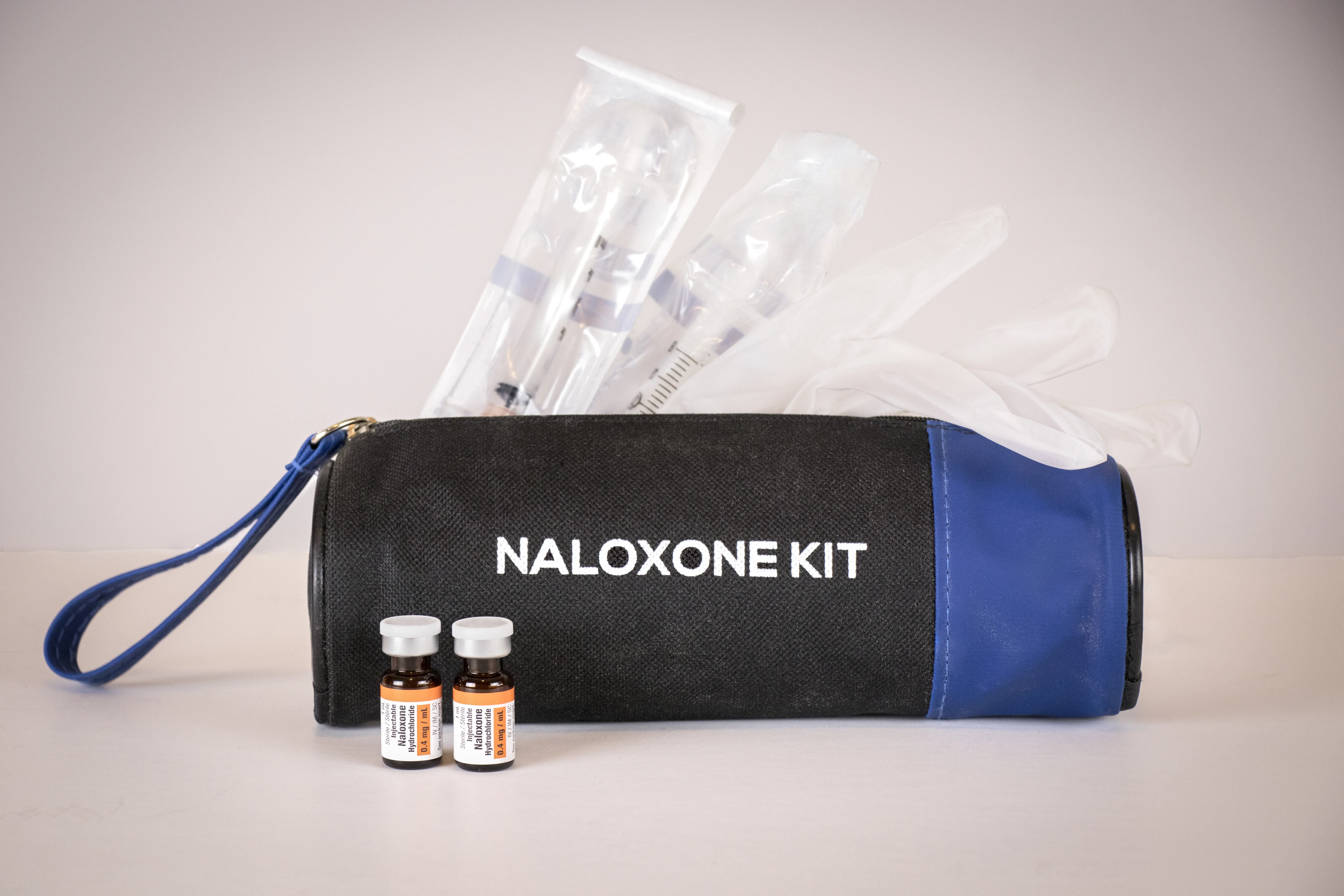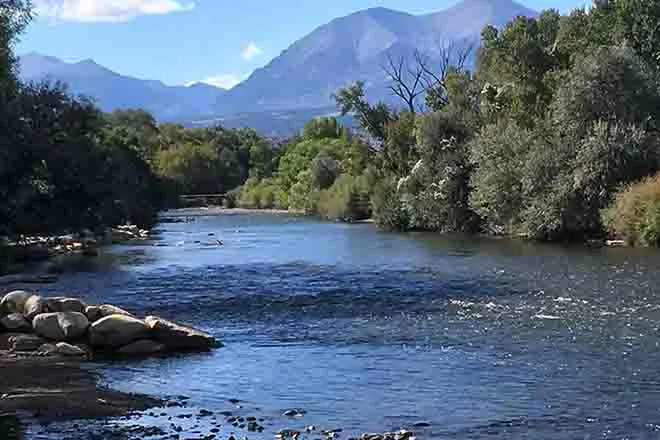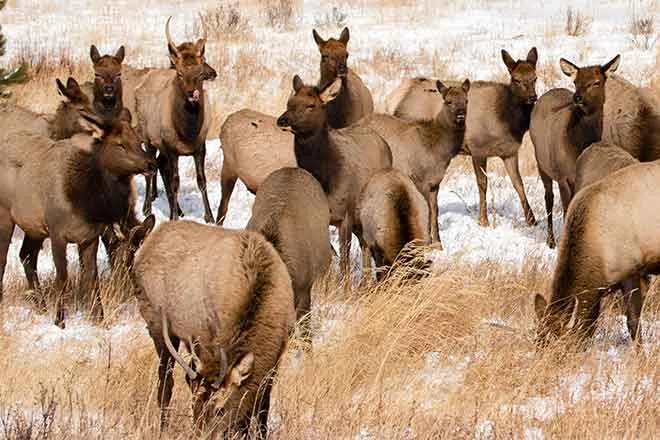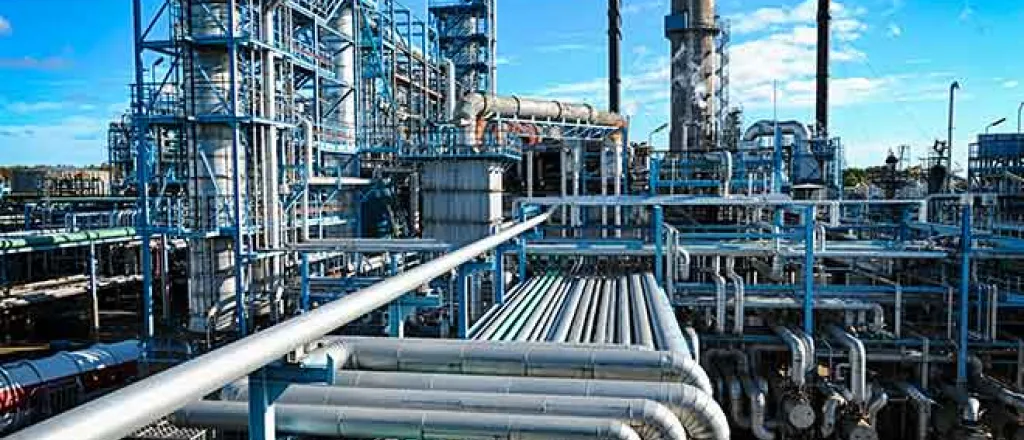
Colorado's methane waste-reduction industry surging
Click play to listen to this article.
An industry that got its start in Colorado finding and fixing methane leaks at oil and gas sites is on the rise.
There are now some 75 sites where workers in good-paying jobs are helping to reduce methane waste, the primary component of natural gas, according to a new analysis. Among firms doing mitigation work, 27 are headquartered in Colorado.
Marcy Lowe, founder and principal of Datu Research, said the growing industry has two primary sectors.
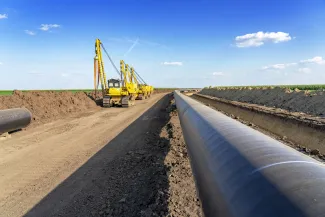
"The manufacturers that make equipment that can help prevent leaks by having tighter seals and valves that don't fail," Lowe explained. "And also the services that are provided by firms that perform leak detections for oil and gas operators."
Over the past decade, the number of manufacturing firms grew by 88 percent nationally. Service firms grew by 105 percent. Median wages for methane mitigation jobs are $127,000 a year in manufacturing, and as high as $145,000 in service jobs.
Most of the work is taking place along the Front Range, an area known for its persistent poor air quality. Durango, Grand Junction, Parachute and Rifle on the Western Slope and Burlington on the Eastern Plains are also in the game.
Isaac Brown, executive director of the Center for Methane Emissions Solutions, said the industry is adding to local economies.
"If it's done correctly, it's a win for industry by reducing methane waste, which is essentially lost product and profitability for the oil and gas industry," Brown noted. "And it also means high-quality, high-paying jobs."
Reducing methane emissions, which are over 85 times more potent at trapping heat in the atmosphere than CO2, is seen as critical for mitigating climate change. Lowe added new tools are now available, allowing operators to stop common wasteful practices.
"Flaring and venting has traditionally been used to control things like pressure and temperature," Lowe explained. "But really it's important to replace those devices with devices that achieve those goals without venting natural gas straight into the atmosphere."


